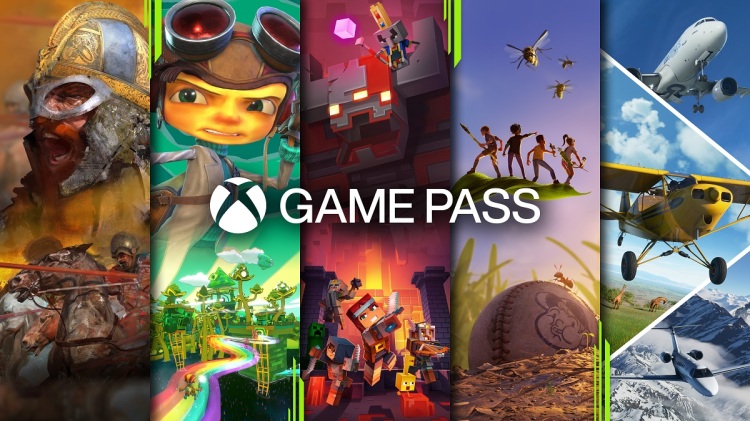From what is emerging, it seems that the acquisition of Activision Blizzard has played a fundamental role in Xbox’s recent issues.
“L’eye of Sauron has moved his gaze” is a powerful image that makes us understand quite well what is probably happening to Xbox, with the disturbing gaze which, in this case, would be that of Satya Nadella, with shareholders in tow. Not for nothing, it comes from a report written by Brad Hilderbrand, ex-PR of Microsoft who expressed his considerations on the current situation through a post on LinkedIn Now, that post may also contain questionable statements, but that image remains particularly effective in framing the probable situation Xbox finds itself in at this point, after the acquisition of Activision Blizzard. If that of Bethesda was already notable, the absorption of one of the largest publishers on the market was clearly destined to change the balance not only of the general panorama but also within the company itself.
In short, by shelling out 70 billion dollars for a division considered minor like Xbox, it seems that Microsoft’s management also intended to place it in a different condition, under one much more careful look. The creation of the Microsoft Gaming division then seems to reflect this new condition: Xbox seems to indicate something different, in some respects more linked to its romantic past as a producer of old-style consoles, while the new definition could fit more precisely with its destiny as a colossal publisher looming, with an inevitable multiplatform effort to push forward. Talks about the possibility of it completely becoming a third party publisher are currently groundless speculations, but they are starting to not be completely out of the blue, at least while waiting for further substantial changes to the market structure, which in a more or less remote future it will however do without traditional hardware.
With great investments comes great responsibility
The fact is that the Xbox situation has certainly changed after the acquisition of Activision Blizzard, but with not exactly positive consequences, from the point of view of developers and also of players. Faced with such an investment, it seems that the accounts must return in a much more precise manner than before, when the Xbox division could still afford to struggle without attracting too much attention: it now fully falls within the global balance sheet as one of the most in sight, and this entails more stringent control by management and shareholders. This also means that there is probably little room for sentimentality and proclamations of Phil Spencerbecause the facts now derive from decisions taken from more central positions, although it is difficult to think that the CEO of Microsoft Gaming has no responsibility for these closures.
In fact, what might have seemed like a simple rebranding of Xbox is turning out to be a real new organization, a new beginning that could also mark an important watershed compared to how Xbox has shown itself so far, not for nothing does the same classic name seem almost overshadowed.
What will happen to Xbox Game Pass?
This, however, seems to entail a change also in the vision of Game Pass: one of the most positive aspects of the service in question seemed to be the possibility of allowing, thanks to the more regular income from subscriptions, a different organization of production, which gave space to a great variety of games, freeing them from the traditional dynamics of linked investments to sales of single copies. This could have led to a lively and colorful environment of titles of different sizes and genres from Xbox, and the launch of Pentiment, Grounded and Hi-Fi Rush seemed to confirm this intention.
However, the suspicion is that these projects were all already underway at the time of Bethesda’s acquisition and that Microsoft simply let them end and then eventually lower the ax (as happened recently). This is another reason that makes the closure of Tango GameWorks and Arkane Austin particularly disturbing: the fact that the closure is justified from a purely economic point of view may also be understandable, but it is no longer possible to understand what the direction that wants to take on Microsoft regarding Game Pass and the production of its internal teams, because if the service were to turn into a catalog of great triple-A productions by Xbox Game Studios, then it would also lose much of its innovative and creative drive , as well as being even more risky and difficult to operate efficiently.
This is an editorial written by a member of the editorial team and is not necessarily representative of the editorial line of Multiplayer.it.
#Xbox #acquisition #Activision #Blizzard #beginning #Microsoft #Gaming

